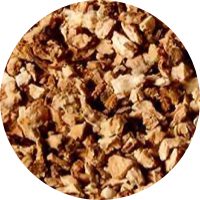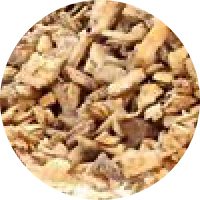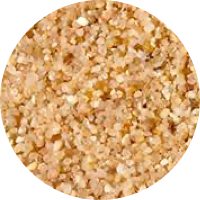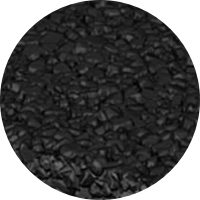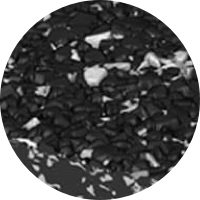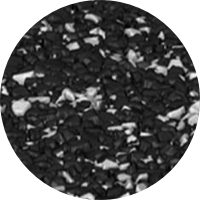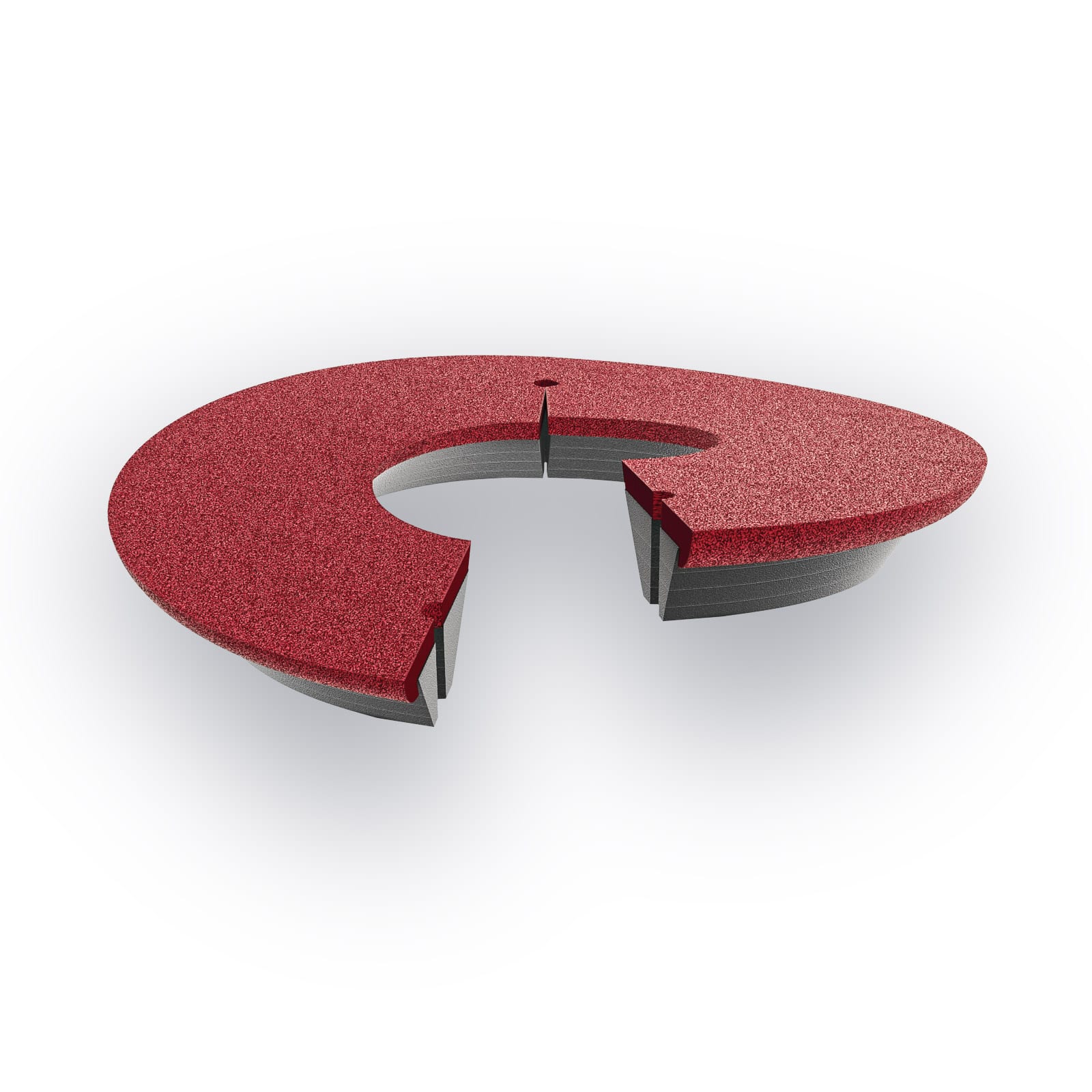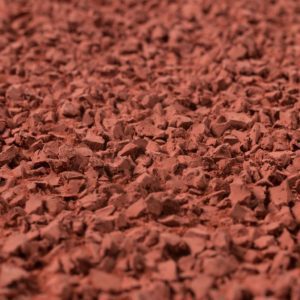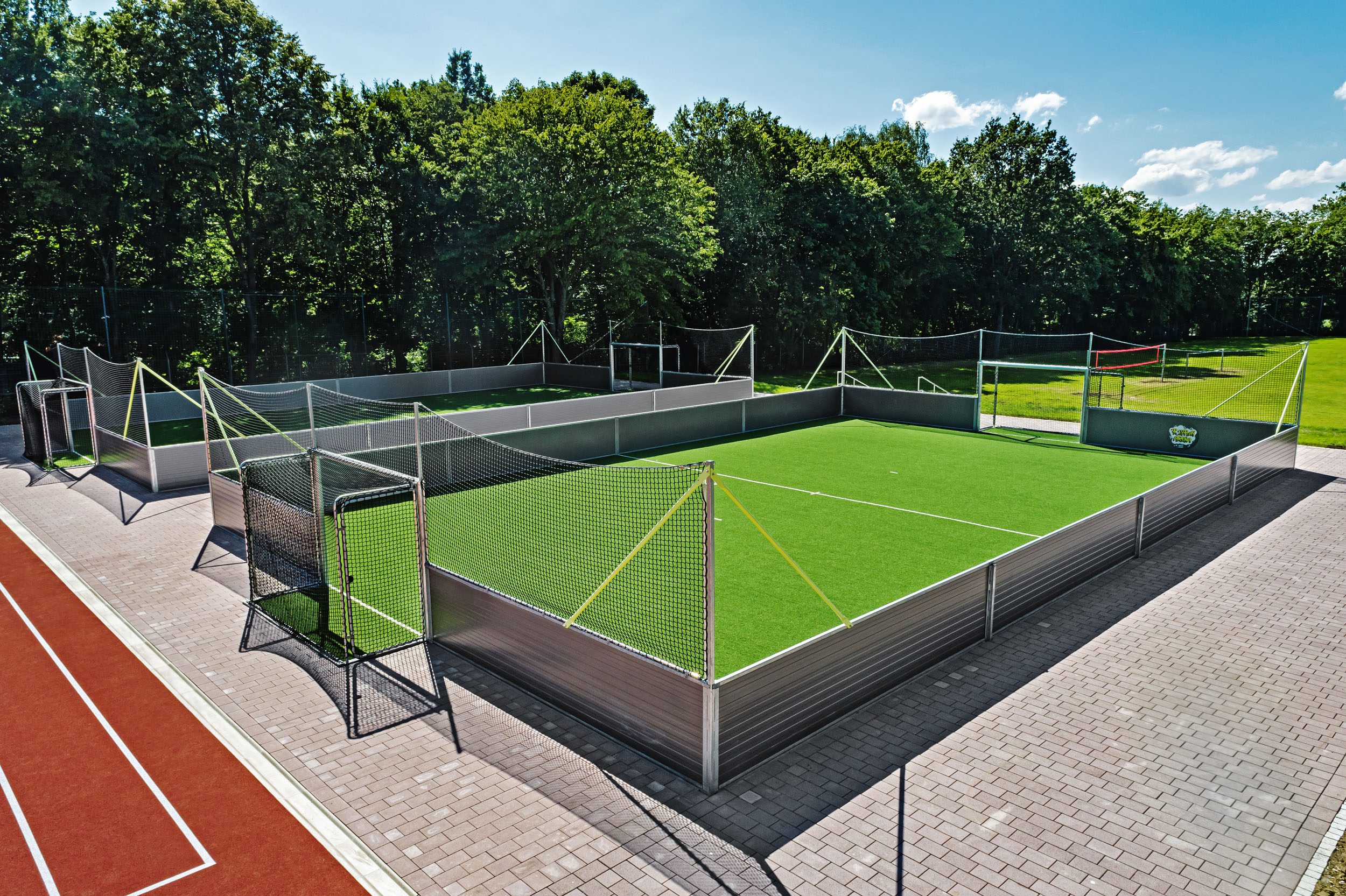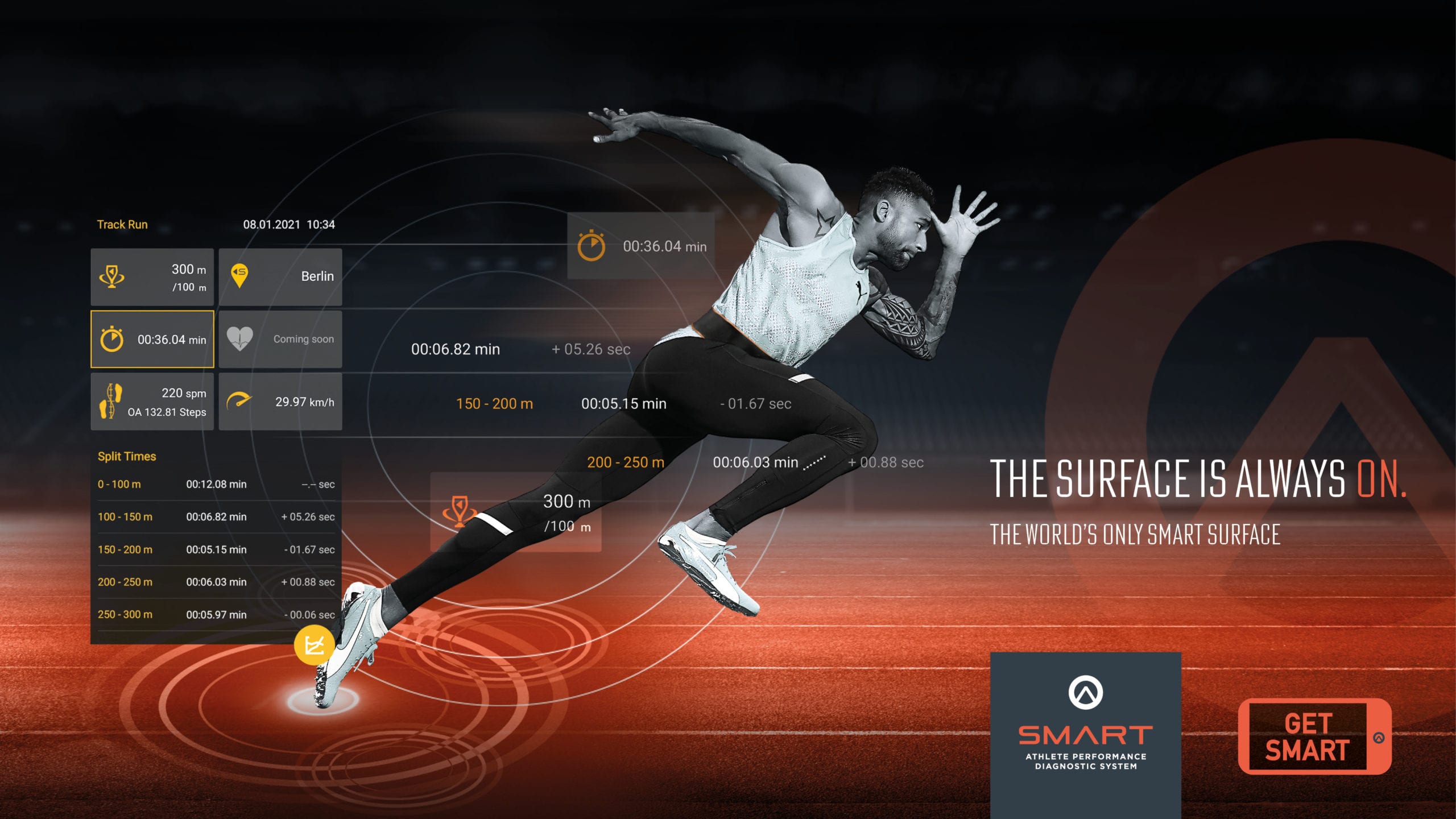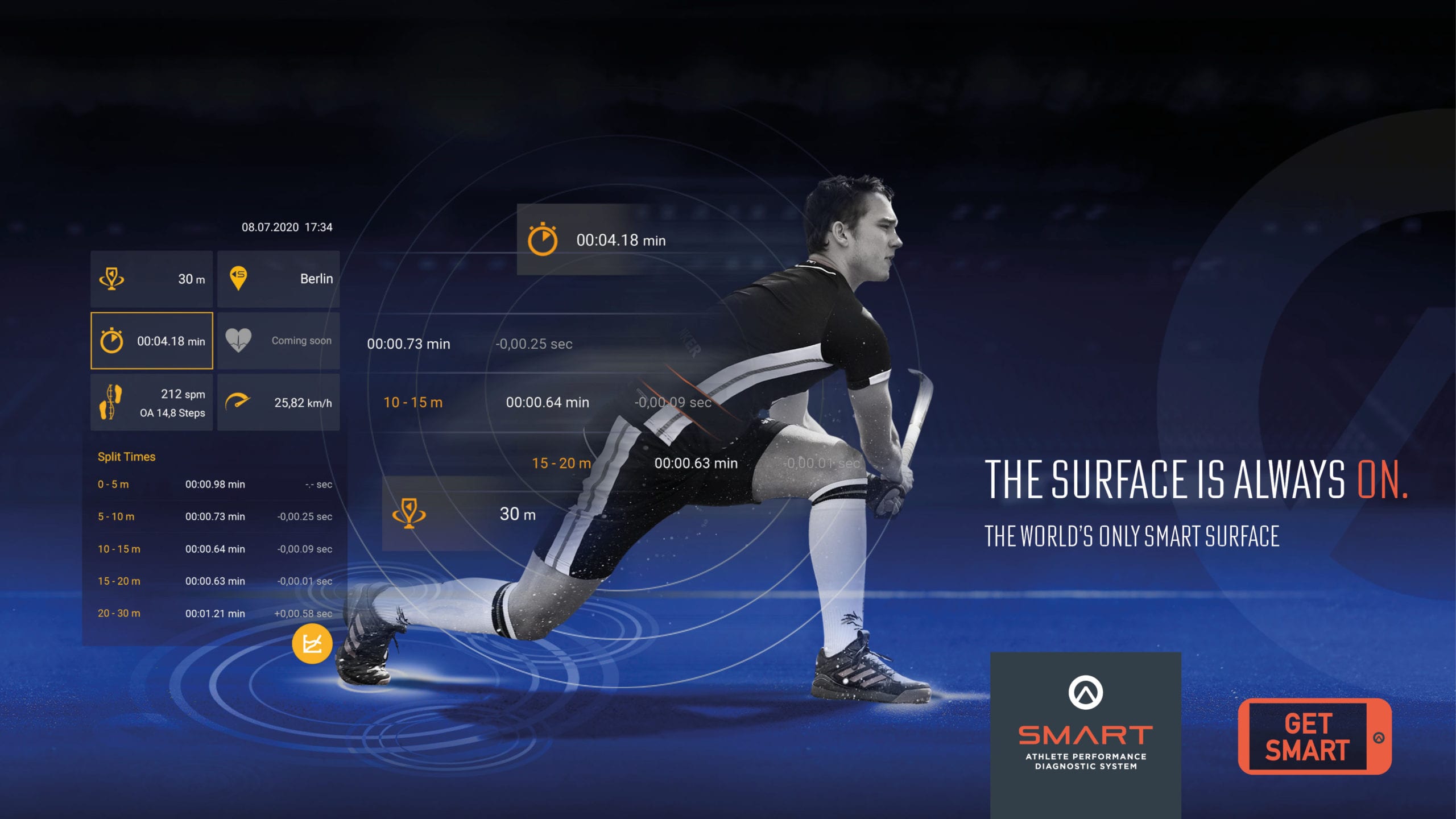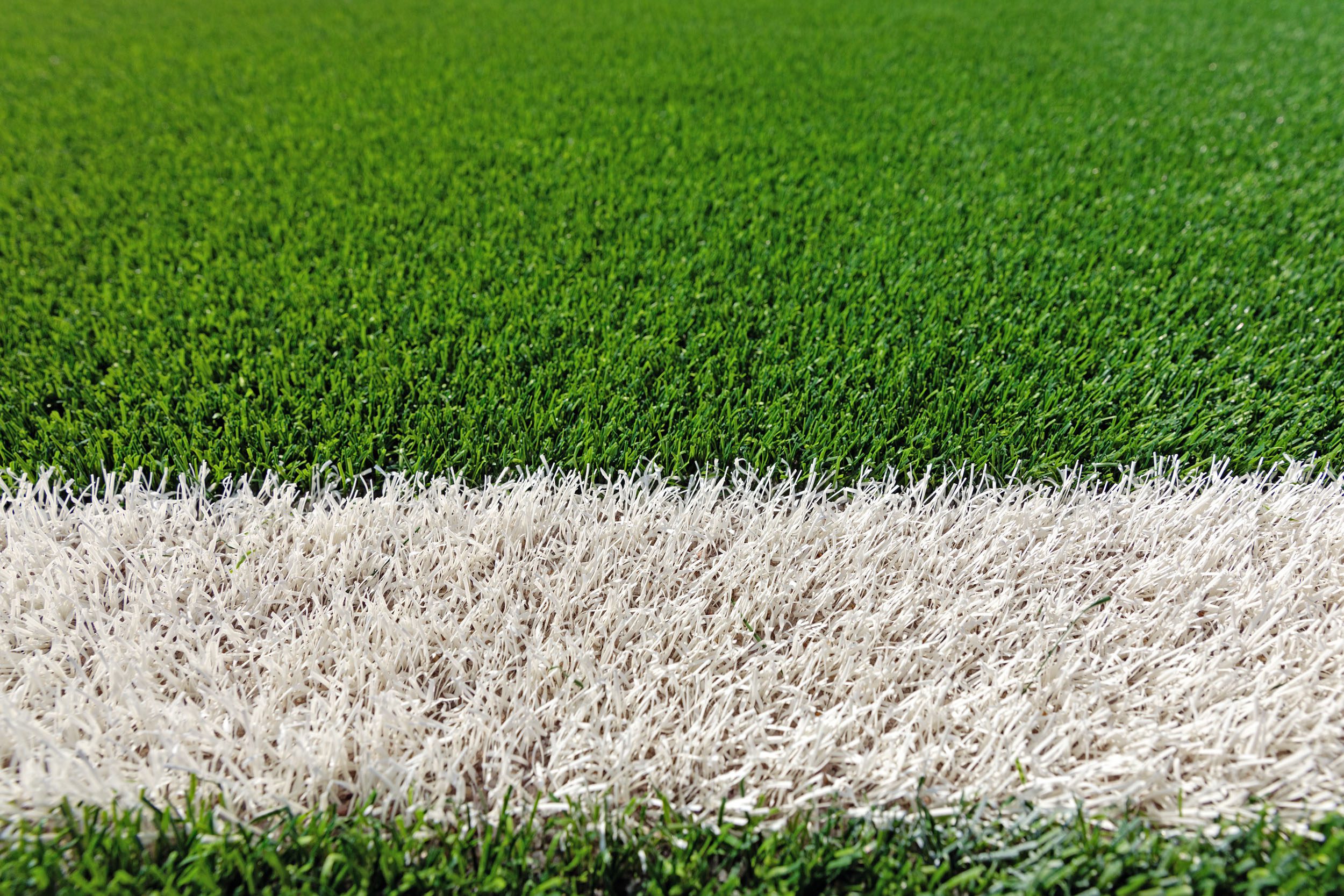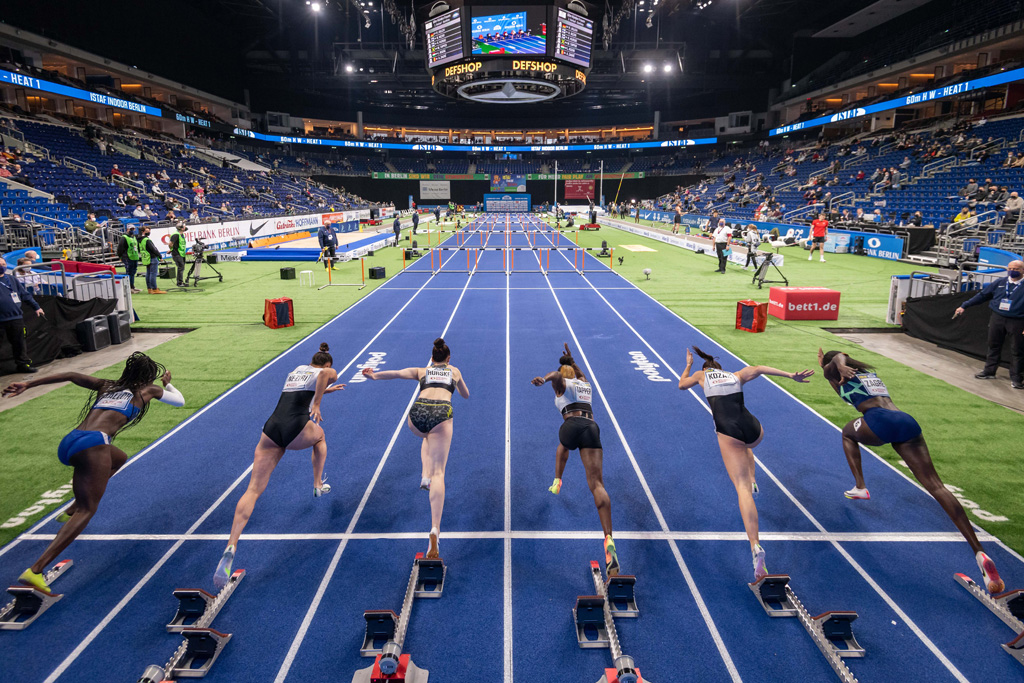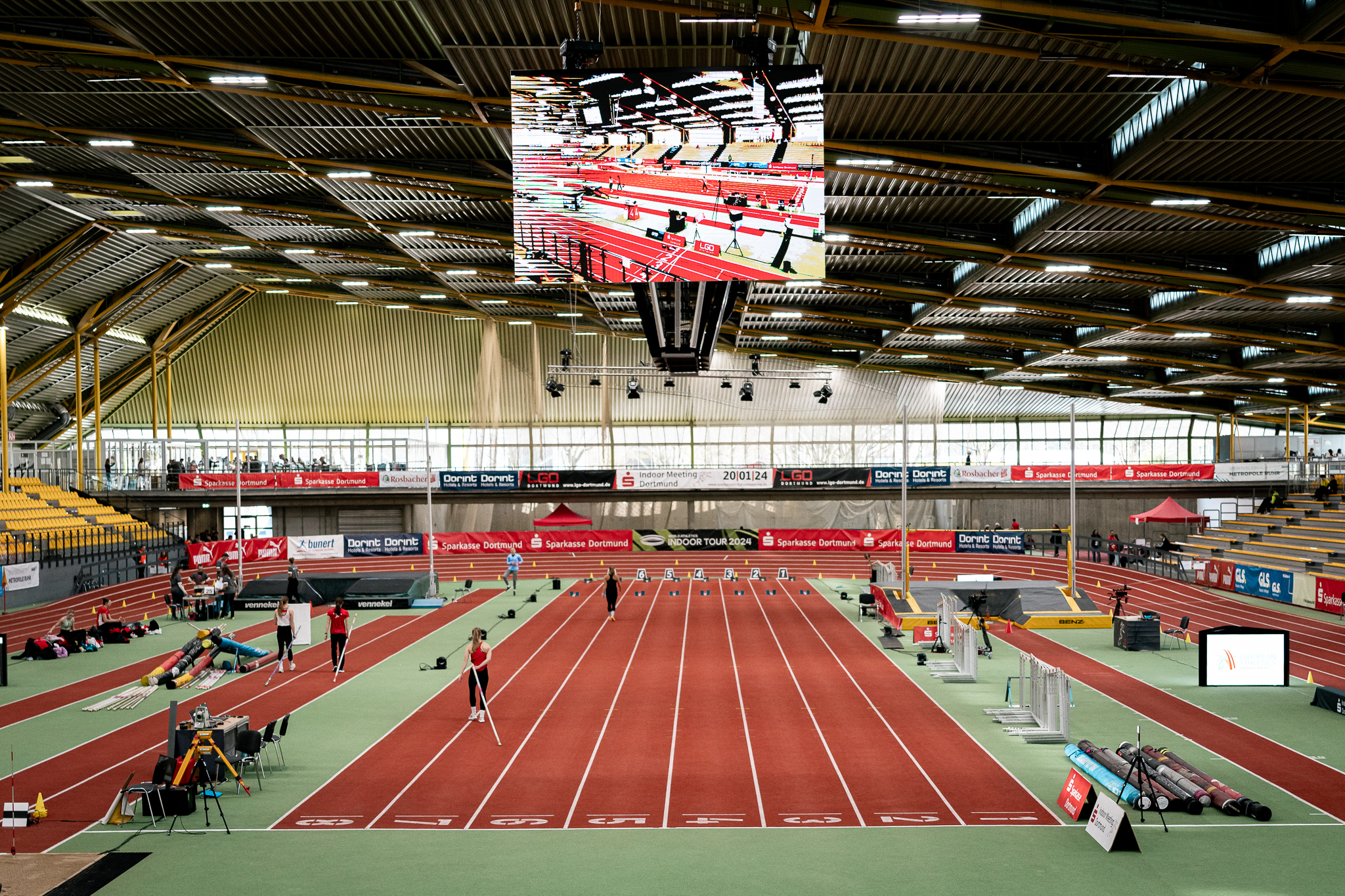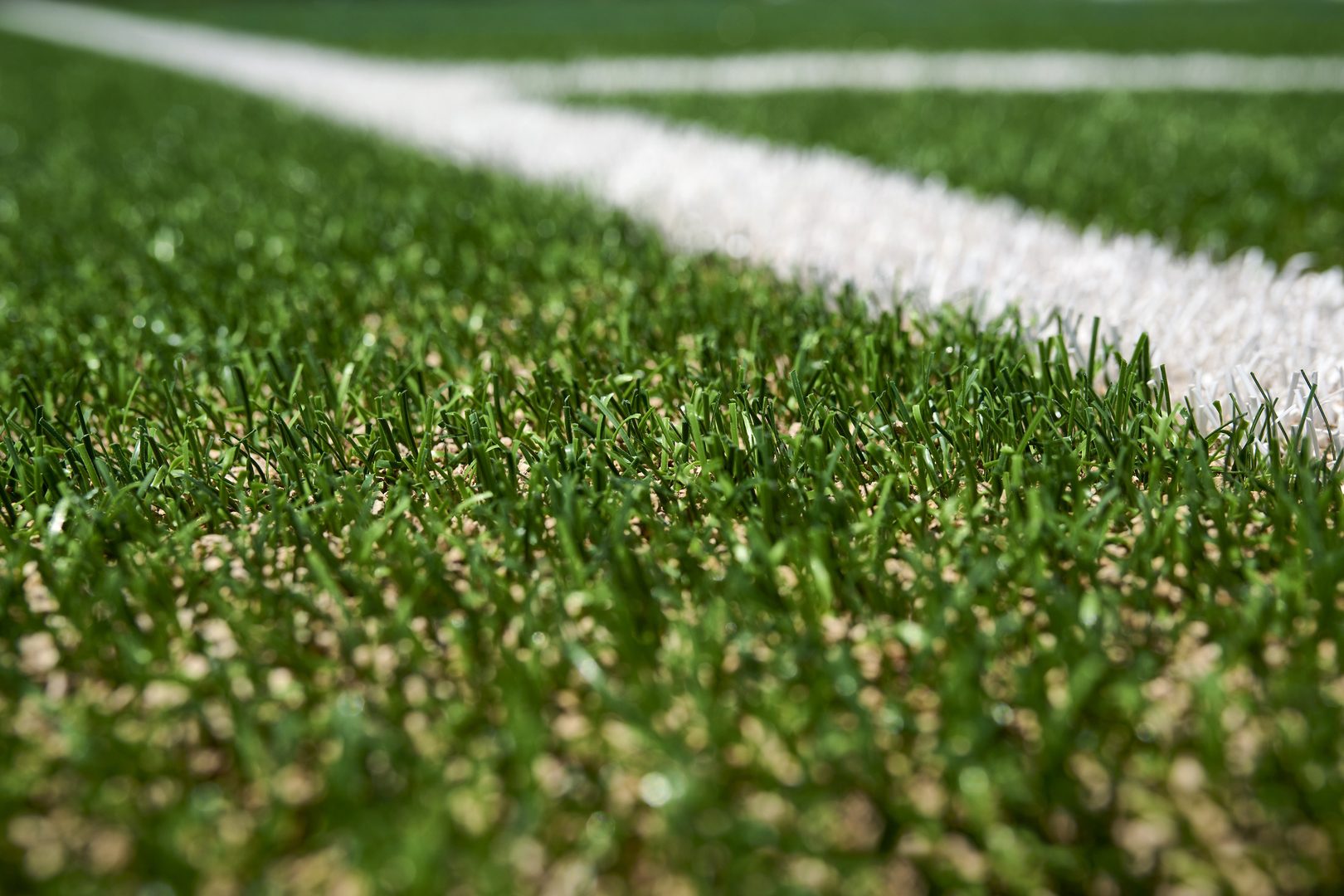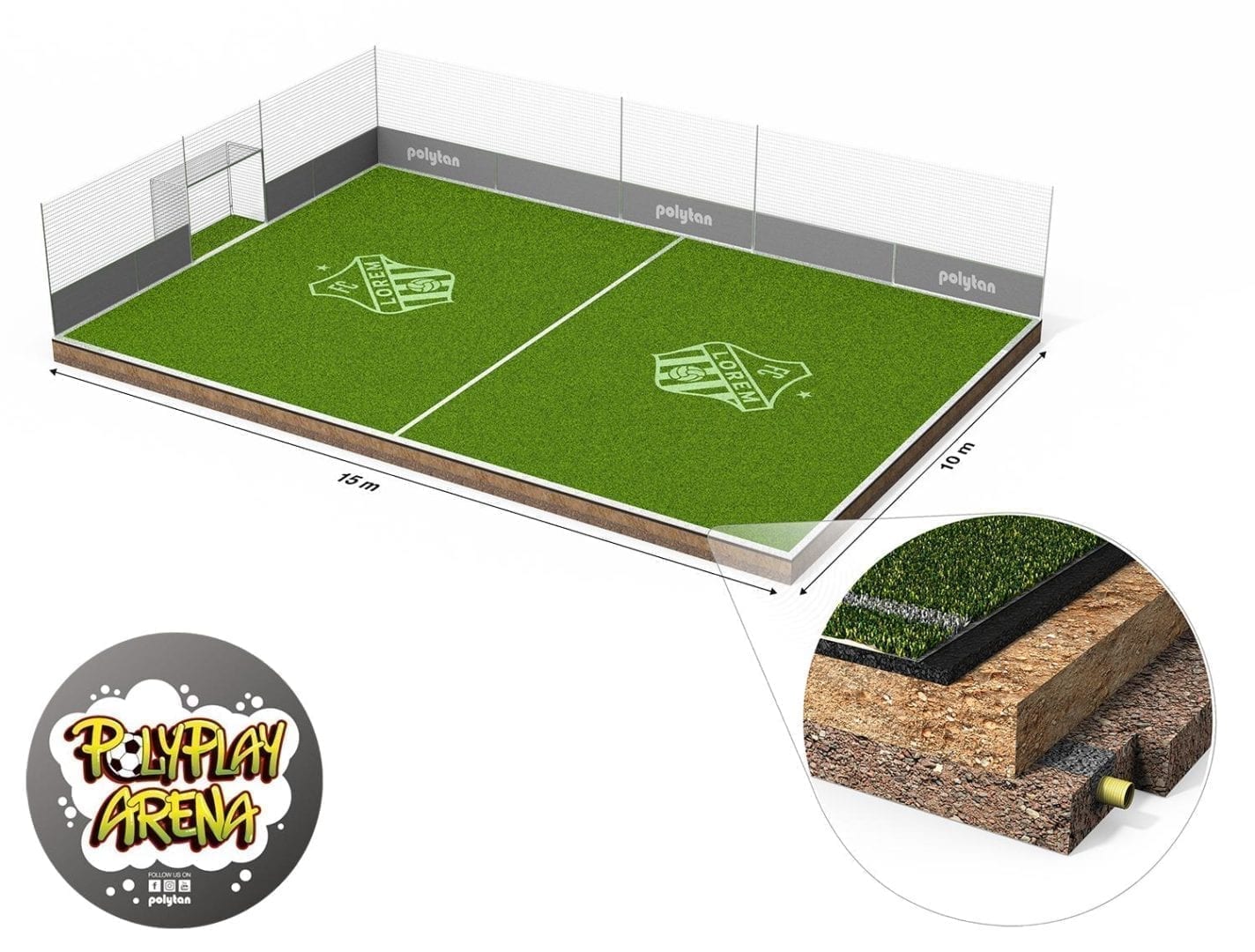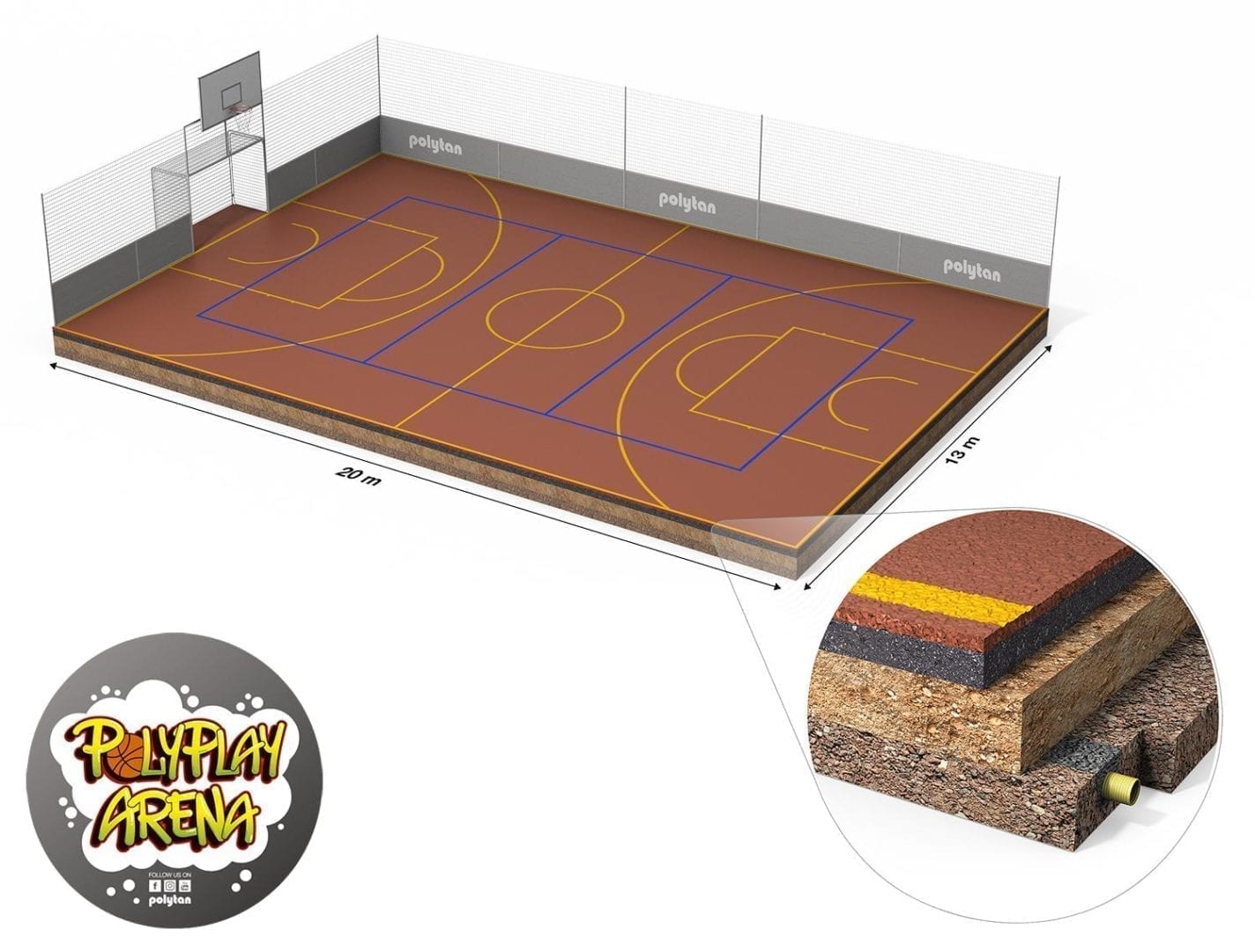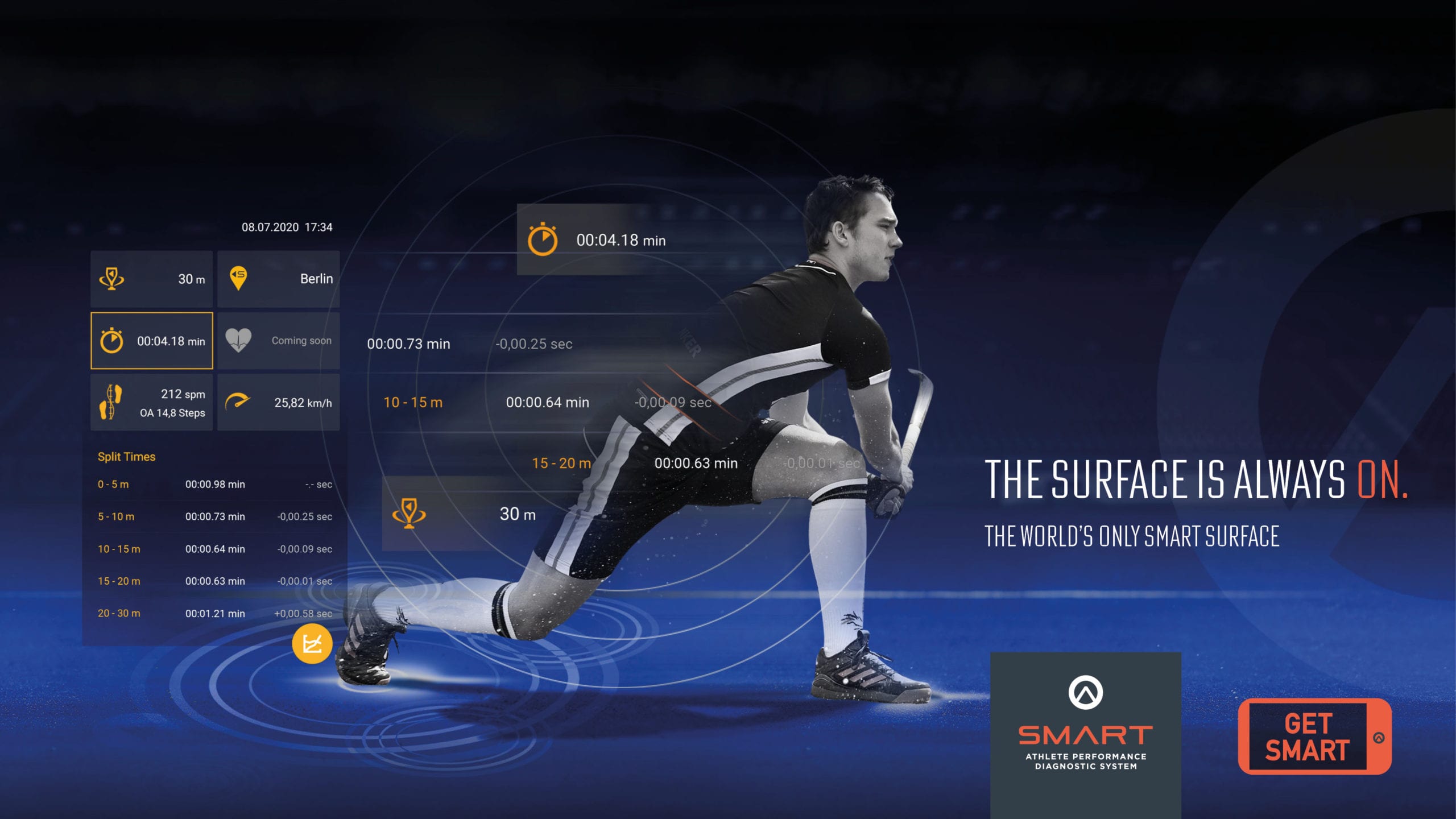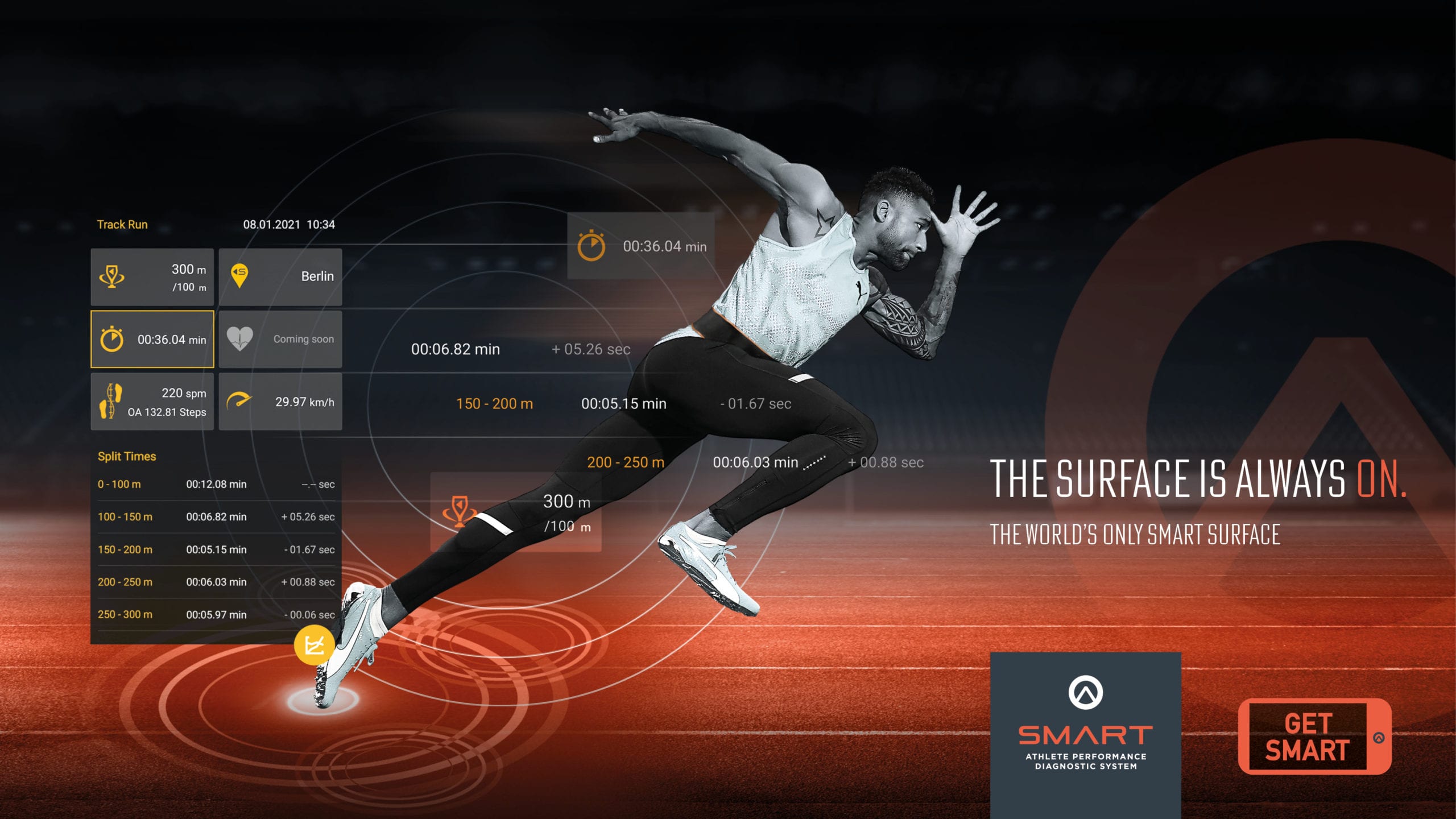Everyone wants to be sustainable and live sustainably. But what actually is sustainability? Does it just mean making sure we don’t overuse our natural resources? Or is there more to it than that? We speak to Mathias Schwägerl, Managing Director of Polytan GmbH, about the sustainability of artificial sports surfaces.
Stadionwelt: Mr Schwägerl, Polytan sells a number of products that are made from plastic, including artificial turf systems, running tracks and fall protection surfaces. Is that really sustainable?
Mathias Schwägerl: In terms of our sports surface systems, absolutely. Environmental factors have been a major consideration in our products for many years now, from development and production to installation and maintenance. We’ve made great progress in this area over the last few years. But for me, sustainability is about more than just protecting the environment.
Stadionwelt: What do you mean by that?
Mathias Schwägerl: There’s also a social aspect to sustainability. For example, an artificial pitch can enable teams to play all year round – 24 hours a day, if they want to. That means we’re giving a huge number of athletes opportunities to train that they wouldn’t have had otherwise. Particularly in urban centres, we need alternatives to natural pitches and hard courts, as these are small areas with a lot of people who want to play sports. Right now, 77 percent of people already live in big cities and their suburbs, and that trend is only increasing. According to the Federal Statistical Office, only 15 percent of all Germans live in municipalities with fewer than 5,000 inhabitants. Forecasts indicate that up to 85% of the population will be living in urban centres in the future. The Berlin metropolitan area alone increased in population by 280,000 people between 2015 and 2020. When you look at these numbers, it quickly becomes clear that it simply isn’t possible to provide sports facilities for everyone in these areas without using artificial turf – there just isn’t the space for natural pitches. Because it provides more potential playing time, an artificial pitch can cater to as many people as four natural ones – and that’s over a period of many years. Sports facilities are also hugely important socially, as a place for people to meet. To give just one example, we recently donated a mini-pitch to a solidarity community for disadvantaged people in a little municipality near Bergamo, Italy. The Lombardy region was hit hard at the start of the Covid-19 pandemic, and we wanted to give people something to be happy about. The facility is located in Lurano, is open to all citizens, and has become an important meeting place for the community. It brings people together who would never have spoken to each otherwise. That’s sustainability, too.
Stadionwelt: Let’s talk about the product. You said Polytan has been making its products more environmentally friendly for years now. Is it possible to make plastic environmentally friendly?
Mathias Schwägerl: I reject the notion that plastic is, by definition, not environmentally friendly. The progressive world we live in today would not exist without plastics. There are plastics that remain in use for long periods of time – some of our running tracks and artificial pitches last for decades, after which they can be recycled. Other plastics, such as packaging waste and micro-plastics in cosmetics, are just used once and, in the worst cases, go straight to polluting the environment thereafter. I believe we need to differentiate very clearly between plastics that represent an investment, and those that are manufactured for single use and have a very short service life.
Stadionwelt: But you do use fossil raw materials to make your products, right?
Mathias Schwägerl: We’re making good progress on finding alternatives, and we have already some on offer. We now offer a carbon-neutral artificial turf that is made using renewable raw materials. The granulate we use in the turf for this product comes from leftovers from the cane sugar harvest that can no longer be used to make sugar. In other words, it’s an artificial turf made from organic waste. Customers have already been able to install our LigaTurf Cross GT zero successfully, and the athletes who use it are very happy with its performance. In addition to this, we are going to be using up to 20% recycled granulate in our artificial turf systems, effective immediately. Incidentally, our LigaTurf Cross GTR artificial turf system already combines organic and recycled materials, and is the first football pitch to do so.
Stadionwelt: Do your customers appreciate these efforts?
Mathias Schwägerl: I firmly believe that they will, in the medium term. But sustainability has its price. Let me give you a couple of examples form other industries. Firstly, the food industry: we all know that consumers today are more willing than before to spend more money on high-quality food. At the same time, Tesla have revolutionised the entire car industry by simply taking an idea and sticking to it. Customers are buying these expensive cars even though they know that there will be disadvantages in terms of sales and service. They want to be part of a sustainable movement. When one of our customers opts for a GT zero, there are no disadvantages for them – what they get is a carbon-neutral product made using renewable raw materials that meets all the standards for a modern artificial pitch. We put a huge amount of effort into developing and obtaining certification for these products and, in doing so, have very deliberately stepped out of our comfort zone. We see ourselves as pioneers of sustainability in our industry, and want to retain this status for many years to come. Of course, I hope our customers will appreciate and be prepared to pay for these efforts, and I wish environmental aspects would be taken into consideration more when it comes to tenders in the public sector. Despite what politicians are saying right now, not enough effort is being made in that area at all.
Stadionwelt: You say sustainability has its price. Is artificial turf going to get more expensive?
Mathias Schwägerl: There are two factors that are going to make artificial turf more expensive. The first affects our entire industry, as well as every other manufacturing business in the world: we’re seeing a huge increase in the price of raw materials that we simply cannot absorb on our own. The second factor is specific to us. We’ve invested a lot in the sustainability of our products, and this is an approach we truly believe in. But sustainability isn’t free. I mentioned Tesla before, and that’s an example where you can see that customers have rewarded a company’s pioneering spirit. I hope the same will happen to us on the path we have chosen.
Stadionwelt: There has been a lot of talk recently that old artificial turf constitutes hazardous waste and is very difficult to dispose of. Is that true?
Mathias Schwägerl: We don’t see old artificial turf as waste at all – let alone hazardous waste! It’s a valuable raw material that we can use to make new products. Alongside sustainable raw materials, recycling is “the next big thing” in our industry. When one of our artificial pitches has been in use for ten to fifteen years and is reaching the end of its service life, we can recycle 100 percent of it. Our parent company, the Sport Group, has set up a new company specifically for this purpose. It’s called FormaTurf, and they recycle all the constituent parts of an artificial pitch. The plastic is used to create new products that can be put to new use in areas such as pitch construction, for example. The sand that has been used up in the old facility is cleaned, and can then be reused for new artificial turf systems. When all is said and done, that accounts for 70 percent of the weight of a pitch or court. By doing all this, we are closing a gap in the materials cycle. We can offer our customers this recycling method – which many experts see as the best one out there – when they need to replace an old pitch, for example.
Stadionwelt: Can old artificial turf be used to make new artificial turf?
Mathias Schwägerl: Anything is possible – but it would take a lot of work. It takes a huge amount of energy to recycle raw materials, and the process produces large volumes of CO2. In light of this, we have decided to take a different approach for now. In future, many of our products will be made partly of recycled materials – but we will achieve this using materials such as everyday plastic waste. That way, we will be turning short-life plastic packaging into a durable and sustainable plastic product after all.
Stadionwelt: Reducing CO2, recycling, sustainable raw materials – you’ve got a lot of irons in the fire right now. What do you think the future will bring?
Mathias Schwägerl: Like I said earlier, sustainability has its price. We hope our customers will choose to buy these products, not least because of the environmental considerations. We’re taking a conscious risk here because we firmly believe it is the right thing to do. We’ve already achieved a lot, but we still have a long way to go.
Source: Stadionwelt; 09.02.2022, https://www.stadionwelt.de/news/34178/nachhaltigkeit-hat-ihren-preis
